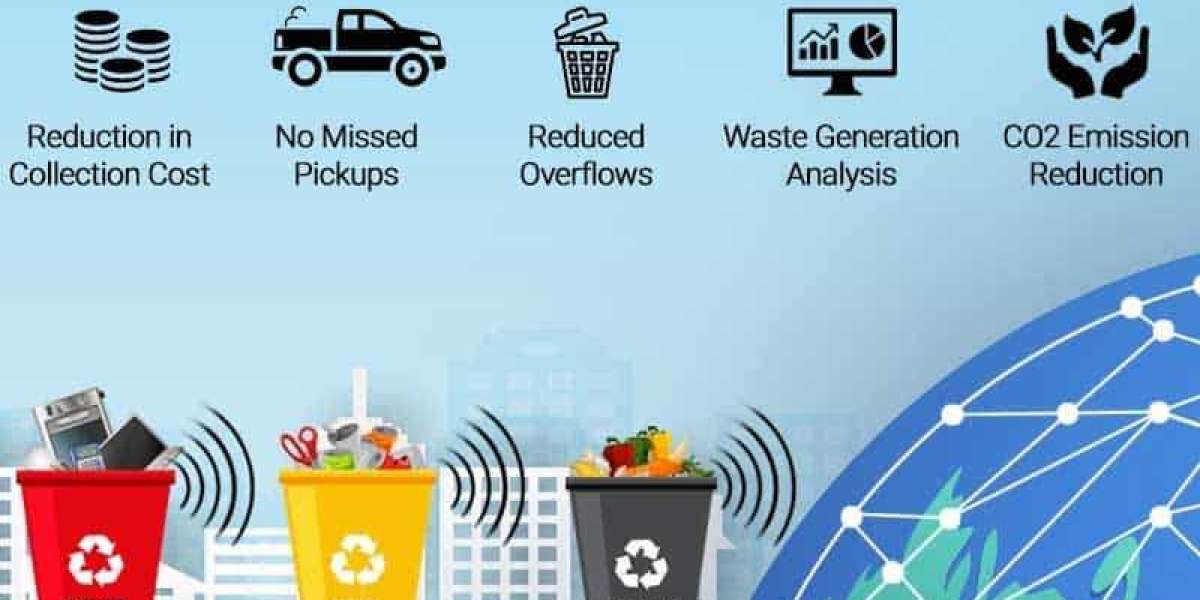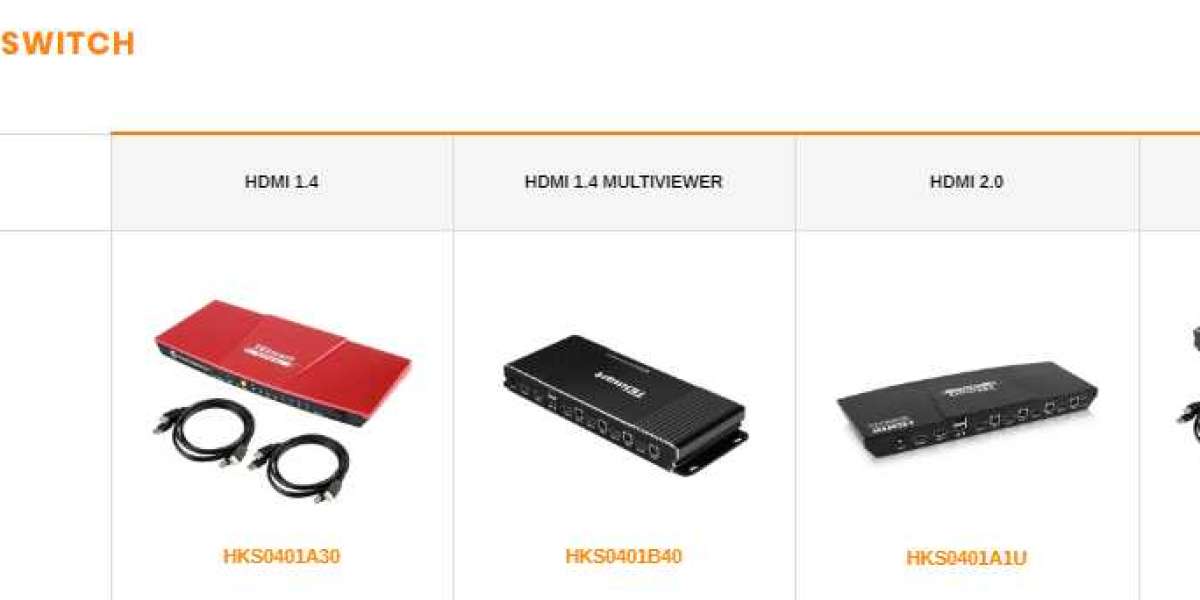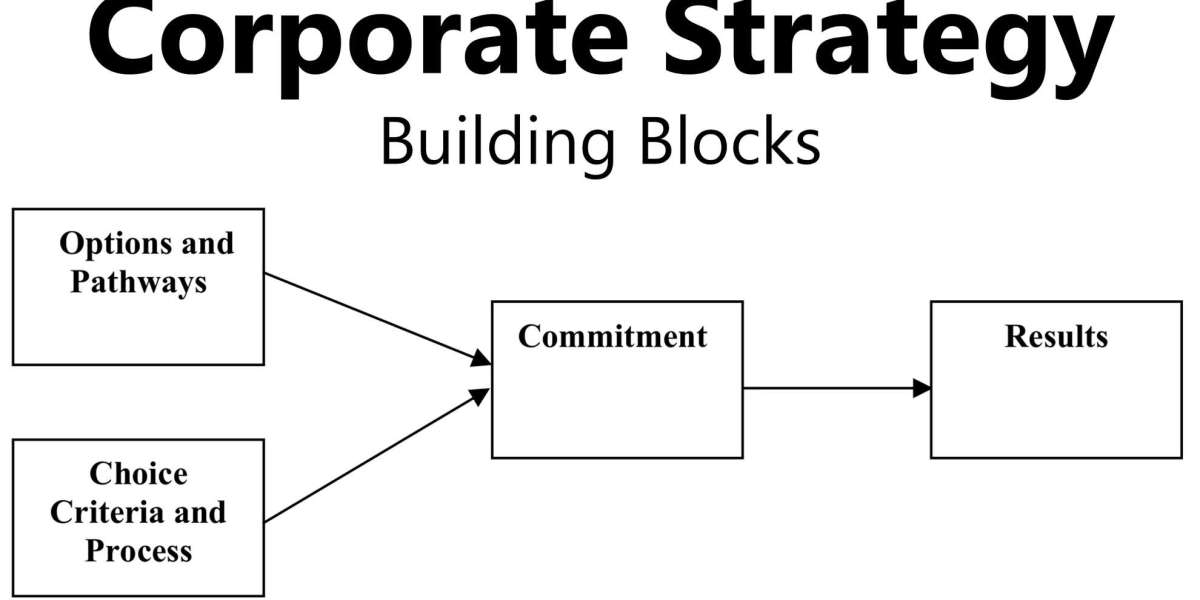Introduction to Smart Waste Management
Smart waste management is a modern solution to the age-old problem of urban waste. By integrating technology like IoT, sensors, and data analytics, cities can now manage waste more efficiently and sustainably. This innovative approach addresses the challenges of growing populations, increased waste generation, and environmental concerns by improving collection, disposal, and recycling processes.
Traditional waste management often leads to inefficiencies such as overflowing bins, missed pickups, and unnecessary fuel consumption. In contrast, smart waste management utilizes real-time data to optimize routes, monitor bin levels, and enhance resource allocation, making it a key component of future-ready urban planning.
Key Components of Smart Waste Management
At the heart of smart waste management are interconnected systems that communicate and operate autonomously. Smart bins equipped with sensors can detect fill levels, temperature, and even identify the type of waste. These sensors relay information to central systems that analyze the data and trigger timely responses.
GPS-enabled waste collection trucks further improve operations by allowing dynamic route planning, minimizing travel time, and reducing emissions. Integration with mobile apps and dashboards offers municipalities and citizens real-time updates, enhancing transparency and accountability across the waste management process.
Benefits of Smart Waste Management
The adoption of smart waste systems delivers significant benefits for municipalities, businesses, and residents. For cities, optimized waste collection leads to lower operational costs, reduced fuel use, and less traffic congestion. Environmentally, the system supports waste reduction, promotes recycling, and minimizes landfill use.
Public hygiene improves as smart bins prevent overflowing and odor issues. With faster, cleaner waste disposal, urban spaces become more livable. The data generated also supports long-term planning, helping city officials make informed decisions about infrastructure, public health, and sustainability efforts.
Role of IoT and Automation
The Internet of Things (IoT) is the driving force behind smart waste systems. Sensors embedded in bins gather and transmit data, while automated systems process this data and take action without human intervention. These tools enable predictive maintenance, alerting teams when bins are close to full or malfunctioning.
Automation extends to waste sorting and recycling facilities, where AI-powered machines separate materials more accurately than manual labor. These technologies increase recycling rates and reduce human error, making waste processing more cost-effective and environmentally friendly.
Smart Waste Management in Smart Cities
As cities evolve into smart cities, waste management becomes a central element of urban transformation. Smart cities use data and technology to improve all aspects of public life, including waste collection. Smart waste management aligns perfectly with these goals by making waste systems intelligent, efficient, and responsive.
In smart cities, real-time waste tracking ensures that no area is neglected. Integration with other urban services, like traffic management and environmental monitoring, enables a holistic approach to sustainability. These interconnected systems work together to enhance quality of life and reduce environmental impact.
Environmental Impact and Sustainability
Smart waste management contributes directly to environmental conservation. By optimizing collection routes, it cuts down on greenhouse gas emissions from waste trucks. Smart bins encourage timely waste disposal and recycling, reducing littering and illegal dumping.
Furthermore, the data insights gained help cities identify trends in waste generation, encouraging targeted awareness campaigns and sustainable practices. This shift from reactive to proactive waste handling fosters a cleaner environment and supports circular economy initiatives.
Citizen Engagement and Education
One of the underrated aspects of smart waste solutions is how they engage citizens. Mobile applications allow residents to report issues, schedule pickups, and track recycling efforts. Some systems even offer incentives for responsible waste behavior, such as discounts or digital rewards.
Educating the public about smart waste practices encourages community participation. Schools, local governments, and NGOs can use smart tools to spread awareness about waste segregation, recycling, and environmental stewardship, making sustainability a shared responsibility.
Challenges and Future Prospects
Despite its promise, smart waste management faces challenges like high initial costs, data privacy concerns, and the need for infrastructure upgrades. However, as technology becomes more accessible and urban demands rise, these obstacles are gradually being overcome.
The future of smart waste management includes advancements such as AI-powered waste classification, drone-based monitoring, and blockchain-enabled waste traceability. These innovations will drive further efficiency, accountability, and sustainability in urban waste handling.
Read More - https://www.marketresearchfuture.com/reports/smart-waste-management-market-994
Conclusion
Smart waste management represents a significant leap forward in how cities address one of their most persistent challenges. By integrating IoT, automation, and data analytics, it transforms waste disposal from a routine task into a streamlined, sustainable process. As cities around the world embrace smarter systems, waste management becomes not just cleaner and more efficient, but also a vital part of urban resilience and environmental protection.
Through continuous innovation and citizen engagement, smart waste management is paving the way for greener, healthier, and more intelligent urban living.







